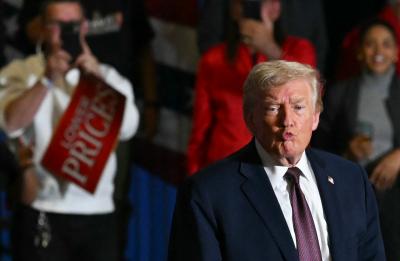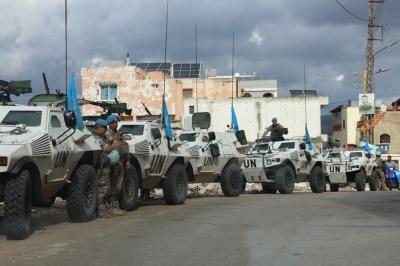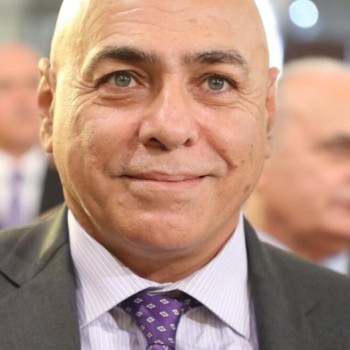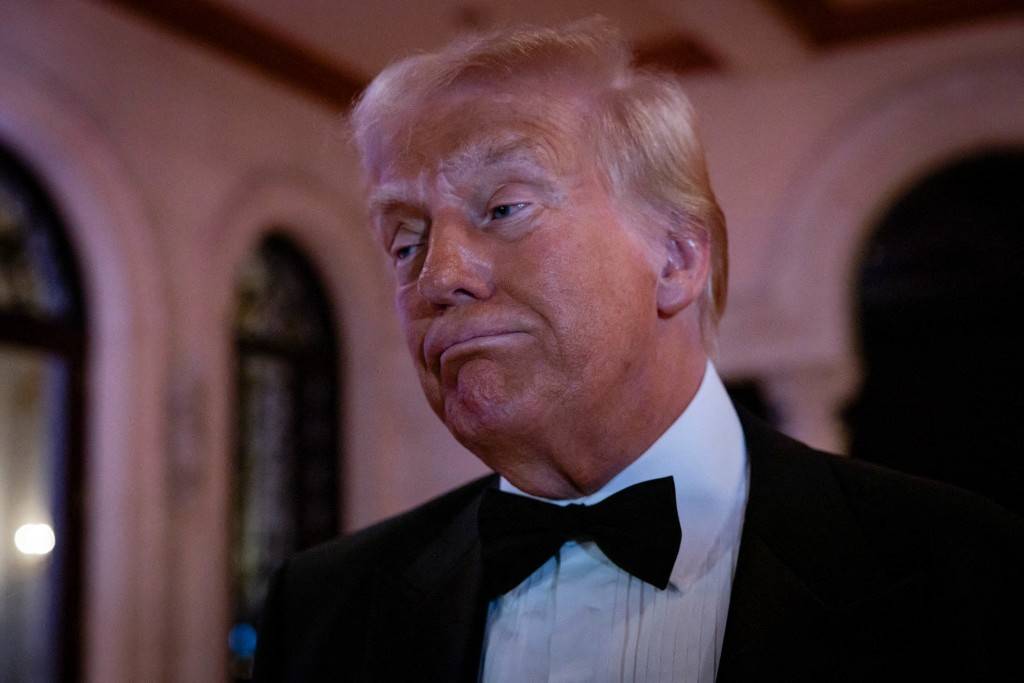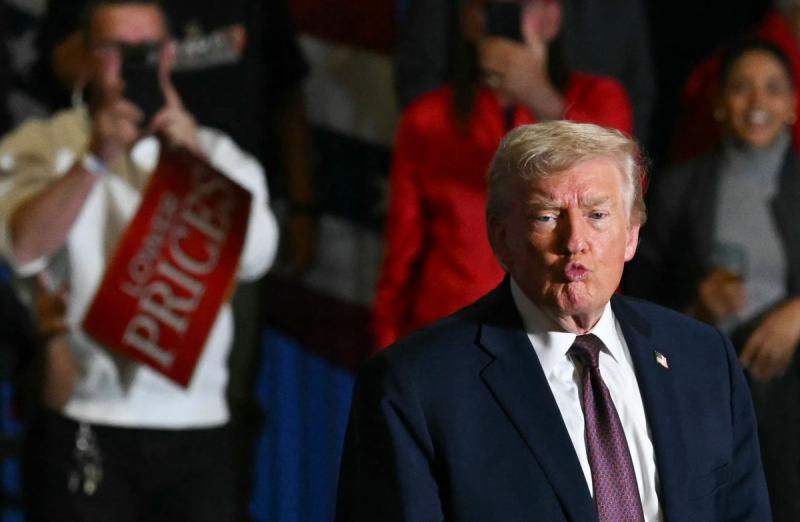On the 20th of this month, President Donald Trump will begin his second term in office. Facing a series of pressing challenges, he will be compelled to tackle unresolved domestic issues while addressing escalating international crises that can no longer be postponed.
Domestic Priorities: Immigration, Economy, and Justice
Immigration
Trump plans to continue his hardline immigration policies, building on the measures introduced during his first term. Key actions include bolstering border security and constructing the wall between the United States and Mexico. The administration is also considering a restructuring of immigration agencies, aiming to create a more efficient and cohesive enforcement system.
Similarly, in the Middle East, the Palestinian issue remains a major challenge, further complicated by recent military escalations in the region.
Another major initiative involves the deportation of undocumented immigrants and visa overstayers, a program Trump has dubbed "the largest deportation plan in American history." Stricter visa issuance rules, eliminating certain visa categories, and higher application fees will accompany this.
However, these proposals face resistance, even within the Republican Party. Some members advocate for a more moderate stance, emphasizing the economic contributions of immigrants in vital sectors such as agriculture, construction, and technology.
Economy
Trump has pledged to revitalize American industry and strengthen energy independence under the enduring slogan "Drill, baby, drill." He also aims to extend the 2016 tax cuts for individuals and corporations for another eight years.
On trade, his protectionist policies are expected to continue, with high tariffs on imports, particularly from China. While this approach aligns with his "America First" agenda, it risks driving up prices for consumers and igniting trade tensions with key partners.
Justice and Education
The Trump administration will pursue a highly conservative agenda on social and educational issues. It seeks to enhance parental oversight of education while opposing curricula that address slavery, reparations for African Americans, or other socially divisive topics.
In the justice sector, Trump plans sweeping reforms within federal agencies such as the FBI, though these efforts are likely to encounter significant opposition.
International Stage: Redefining Geopolitical Priorities
Trump wants to change America's ties with major powers on the international stage. His main objectives are to negotiate an end to the conflict in Ukraine and strengthen relations with Russia to erode the strategic partnership between Beijing and Moscow.
Although both parties agree that the U.S. immigration system has to be reformed, internal conflicts still exist, especially when it comes to striking a balance between maintaining the advantages of legal immigration and tougher enforcement.
In Asia, Trump is expected to intensify U.S. support for Taiwan and strengthen alliances across the Indo-Pacific region to counter China's growing influence.
In the Middle East, his administration is likely to resume Israeli-Palestinian peace talks, which were halted at the end of his first term. However, the recognition of Palestinian political and sovereign rights remains a sticking point, particularly after recent escalations in Gaza.
True to his doctrine of "peace through strength," Trump plans to increase military spending and modernize the nation's defense capabilities. At the same time, he will call on NATO allies to contribute more to collective defense efforts.
Please post your comments on:
[email protected]
 Politics
Politics


